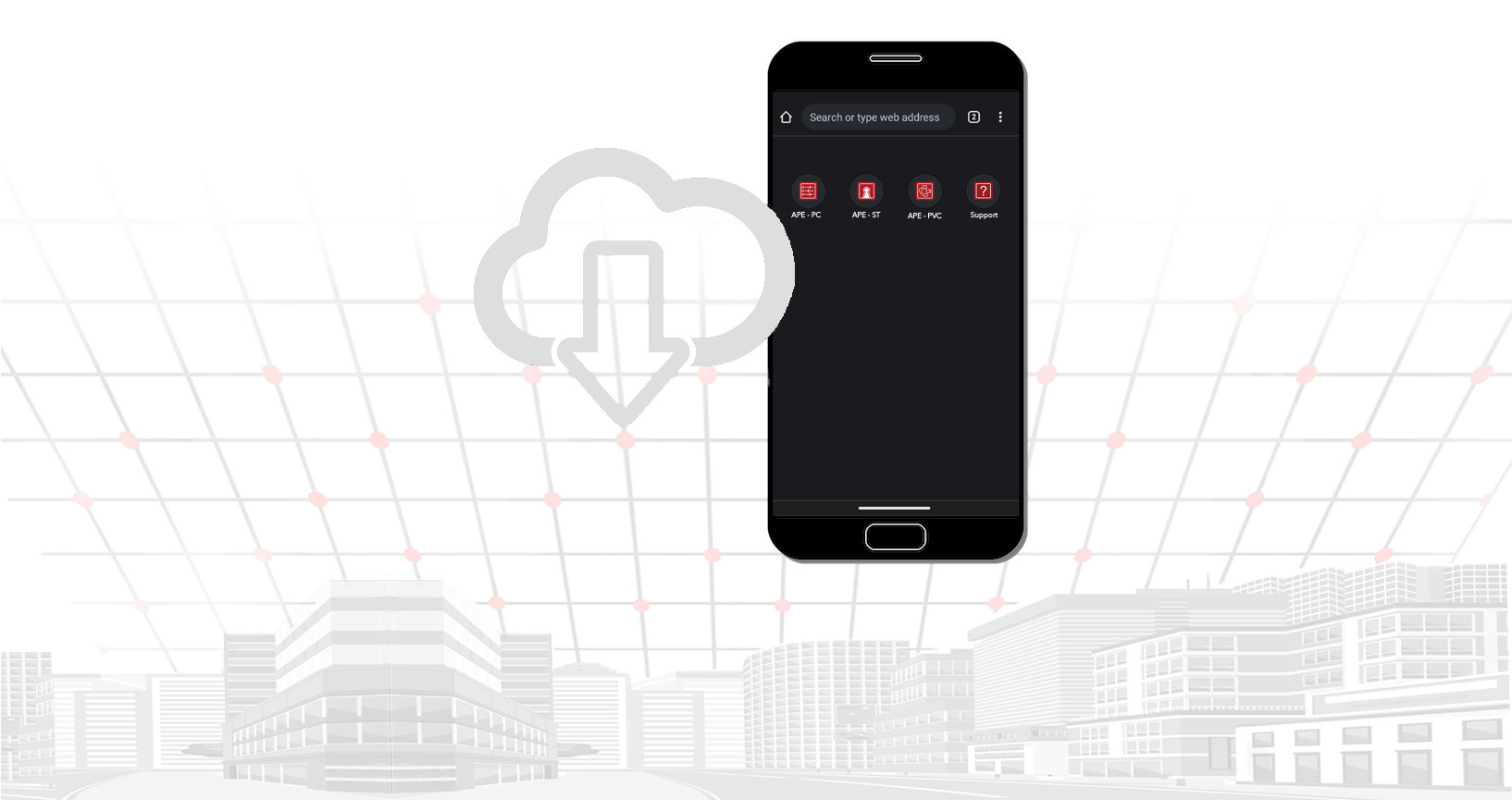Resources
Is your cell phone or mobile device being secured and is your personal privacy being protected?
We've authored a whitepaper and comprised a list of videos and articles to help show you what your mobile device can expose, how target marketers or attackers might exploit those vulnerabilities and how you can start to take back control of your privacy.
Off-Grid Apps™ Common Privacy and Security Vulnerabilities of Mobile Devices Whitepaper
 Download
Last Updated: October 2021
Download
Last Updated: October 2021
Videos
Articles

It's a United States legal doctrine where in 1979, the Supreme Court in Smith v. Maryland solidified what is now known as the “third-party doctrine” by holding that “a person has no legitimate expectation of privacy in information he voluntarily turns over to third parties.” So, people who voluntarily give information to third parties, such as banks, phone companies, internet service providers (ISPs) and e-mail servers, have "no legitimate expectation of privacy" and this lack of privacy protection allows the United States government to obtain information from third parties without a legal warrant and without otherwise complying with the Fourth Amendment prohibition against search and seizure without probable cause and a judicial search warrant. Simply put, in the eyes of the law the Fourth Amendment is not violated when the government seizes information voluntarily conveyed or revealed to a third party without a warrant.
That's just bananas, protect your privacy!
Last updated: October 2021
Read Article >
Read Article >
Read Article >
Read Article >
Read Article >
Read Article >
Read Article >
Read Article >
Read Article >
Read Article >
Read Article >
Read Article >
Read Article >
Read Article >
Read Article >
Read Article >
Read the Book >
Read Article >
Read Article >
Read Article >
Read Article >
Read Article >
Read Article >
Read Article >
Read Article >
Read Article >
Read Article >
Read Article >
Read Article >
Read Article >
Read Article >
Read Article >
Read Article >
Read Article >
Read Article >
Read Article >
Read Article >
Read Article >
Read Article >
Read Article >
Read Article >
Read Article >
Read Article >
Read Article >

Subscribe to any of the additional Advanced Privacy Enforcer™ app features now
Get any of the additional Advanced Privacy Enforcer™ applications from our online store to register your mobile device and purchase subscription plans for your Android devices that are running the APE Private Prowser (APE-PB).